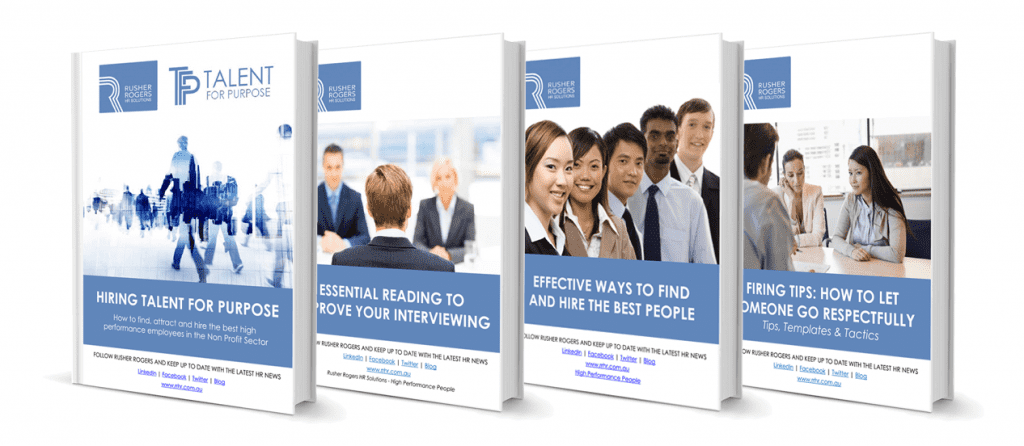
Listening is one of the most critical skills for a recruiter. Whether it’s really hearing what a client is telling you what they need as a resource or what a candidate is actually telling you (or not). The art of listening and hearing what is being shared goes way beyond an essential skill set of a recruitment professional but it’s a damn handy skill to have for life and managing relationships in general.
Did you know that there are degrees of listening?

Active listening
Active listening is a term that has really hit the headlines in recent years in my sector. I hear this term bandied around my professional circle a lot but what does it actually mean? Is it just another corporate phrase fad or has it made its way into the way we operate beyond the superficial?
Active listening is a technique that is used in counselling, training, and solving disputes or conflicts. It requires that the listener fully concentrate, understand, respond and then remember what is being said. (Wikipedia) “Active listening involves the listener observing the speaker’s behaviour and body language. Having the ability to interpret a person’s body language lets the listener develop a more accurate understanding of the speaker’s message. Having heard, the listener may then paraphrase the speaker’s words. It is important to note that the listener is not necessarily agreeing with the speaker—simply stating what was said”
According to Thomas Gordon, who coined the term “active listening”, “Active listening is certainly not complex. Listeners need only restate, in their own language, their impression of the expression of the sender.”
The proper use of active listening results in getting people to open up, avoiding misunderstandings, resolving conflict, and building trust.
But there’s more
Reflective Listening
Reflective Listening by Wikipedia’s definition is “a communication strategy involving two key steps: seeking to understand a speaker’s idea, then offering the idea back to the speaker, to confirm the idea has been understood correctly. It attempts to “reconstruct what the client is thinking and feeling and to relay this understanding back to the client”. Reflective listening is a more specific strategy than the more general methods of active listening. The 3 basic levels of reflective listening are:
- Repeating or rephrasing
- Paraphrasing
- Reflection of feeling
Reflective Listening is most commonly used in a therapeutic setting (Wikipedia)
Empathetic Listening
Empathetic Listening is about giving people an outlet for their emotions before being able to be more open, sharing experiences and being able to accept new perspectives on troubled topics that cause emotional suffering. Listening skills may establish flow rather than closed mindedness. Negative emotions include stress, anger and frustration. (Wikipedia)
Active Listening techniques are used to improve communications in organisations. Listeners put aside their own emotions and ask questions and paraphrase what the speaker says for clarification and to gain a better understanding of what the speaker intends to say. Judgement or leaping in to argue prematurely reveals conviction to personal opinion and prevents the listener to what is really being shared. Eye contact and other appropriate body language are also important components to active listening.
Wikipedia outlines other forms of listening including:
Appreciative Listening
Appreciative Listening is a type of listening behaviour where the listener seeks certain information which they will appreciate, and meet his/her needs and goals. One uses appreciative listening when listening to music, poetry or the stirring words of a speech.

Informational Listening
Informational Listening focuses on the ability of an individual to understand a speaker’s message. It is a huge part of everyday life, and failing to understand the concept of informational listening can be very detrimental to one’s quality of life and to their contribution to society. Much of the listening people engage in on a regular basis falls under the blanket of listening for information. In the office, people listen to their superiors for instructions about what they are to do. At school, students listen to teachers for information that they are expected to understand for quizzes and tests. In all areas of life, informational listening plays a huge role in human communication.
Workplace Listening
Workplace Listening is a type of active listening that is generally employed in a professional environment. Listening skills are imperative for career success, organisational effectiveness and worker satisfaction. Workplace listening includes understanding the listening process (i.e. perception, interpretation, evaluation, and action) and its barriers that hamper the flow of that process. Like other skills, there are specific techniques for improving workplace listening effectiveness. Moreover, it is imperative to become aware of the role of nonverbal communication in communicating in the workplace, as understanding messages wholly entails more than simple verbal messages.
It’s complicated.
This is just the tip of the iceberg when it comes to our listening skills and how skilled we are at hearing what is being said. I believe that it stems from how self-aware we are as a starting point. Without this, how can we hear what others are trying to express? The critical skill in being able to actively listen may lie in our ability to put our own tightly held convictions to one side, in-order to genuinely hear what is being shared.
Current Jobs:
- Employee Relations Manager
- General Temp Registration
- Human Resources Manager
- Marketing Communications Coordinator
- Training Manager
- Maintenance Supervisor
- Paralegal





